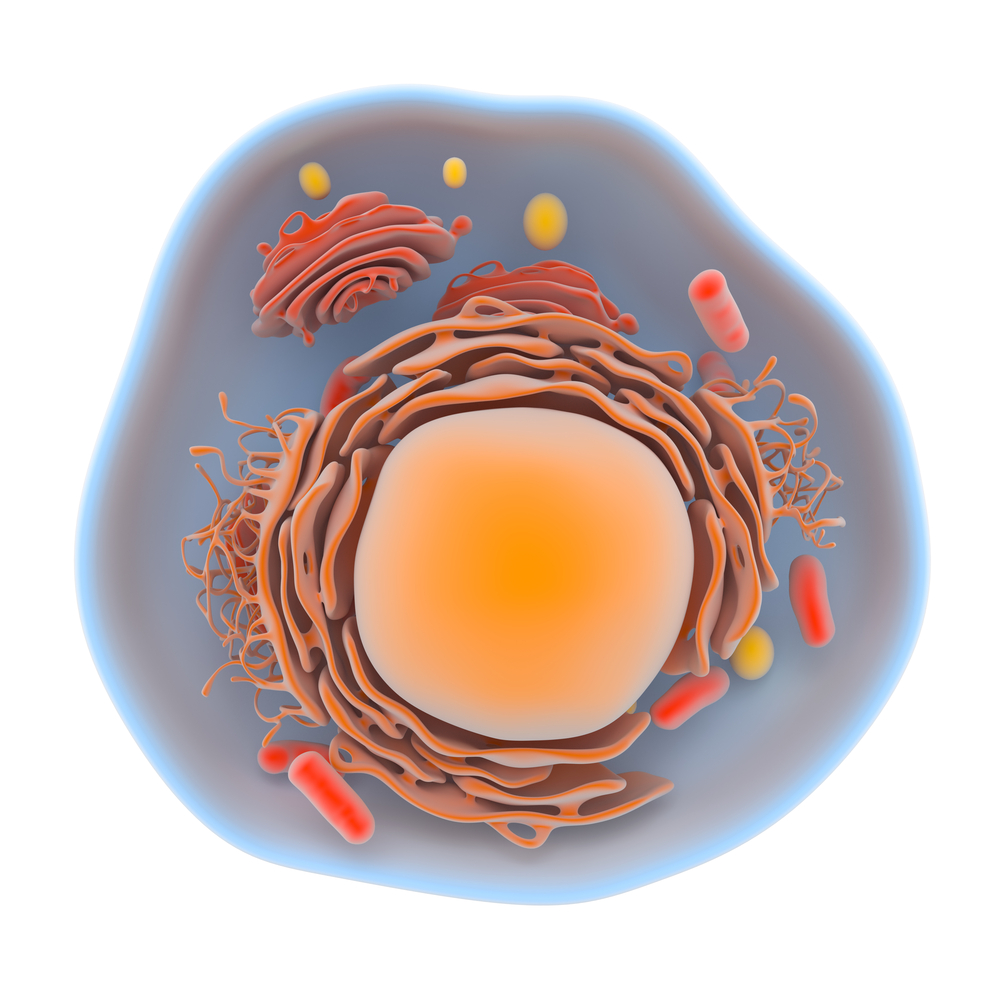AbbVie has recently announced recent data on its investigational hematological malignancy medicines will be presented during the 20th European Hematology Association Annual Congress (EHA), June 11 and 14, Vienna. The oral presentation will include results regarding venetoclax, an investigational B-cell lymphoma-2 (BCL-2) selective inhibitor combined with frituximab to address both relapsed and refractory chronic lymphocytic leukemia (R/R CLL) patients.
“These data provide further evidence of the depth of our pipeline and commitment to treating cancers of the blood. AbbVie will continue to investigate difficult-to-treat cancers and develop medicines in an effort to make an impact for patients affected by cancer,” explained Michael Severino, who is AbbVie’s executive vice president of research and development and chief scientific officer.
AbbVie’s potential new medicines for oncology include Venetoclax, Elotuzumab and Duvelisib. All abstracts can be consulted at www.ehaweb.org, however, medicines referenced are investigational drugs and have not yet been approved by any authority; efficacy and safety profiles have not been established.
Venetoclax is an investigational oral B-cell lymphoma-2 (BCL-2) inhibitor that is being assessed to treat those with several cancer types. The BCL-2 protein has the potential to prevent cellular apoptosis and can be expressed in several types of cancer. Venetoclax selectively inhibits how the BCL-2 protein functions and is being developed by Genentech in collaboration with Roche.
Elotuzumab is an investigational monoclonal antibody targeted to address the Signaling Lymphocyte Activation Molecule (SLAMF7), a cell-surface glycoprotein highly expressed on multiple myeloma cells and Natural Killer (NK) cells. The drug is being tested to understand if through direct activation of NK cells the molecule can target and eliminate myeloma cells expressing SLAMF7.
Duvelisib is an investigational dual inhibitor of phosphoinositide-3-kinase (PI3K)-delta and PI3K-gamma, two proteins known to help survival and growth of malignant B-cells. PI3K-delta signaling is related with the proliferation of malignant B-cells, and both PI3K-delta and PI3K-gamma are crucial in maintaining the tumor microenvironment.


